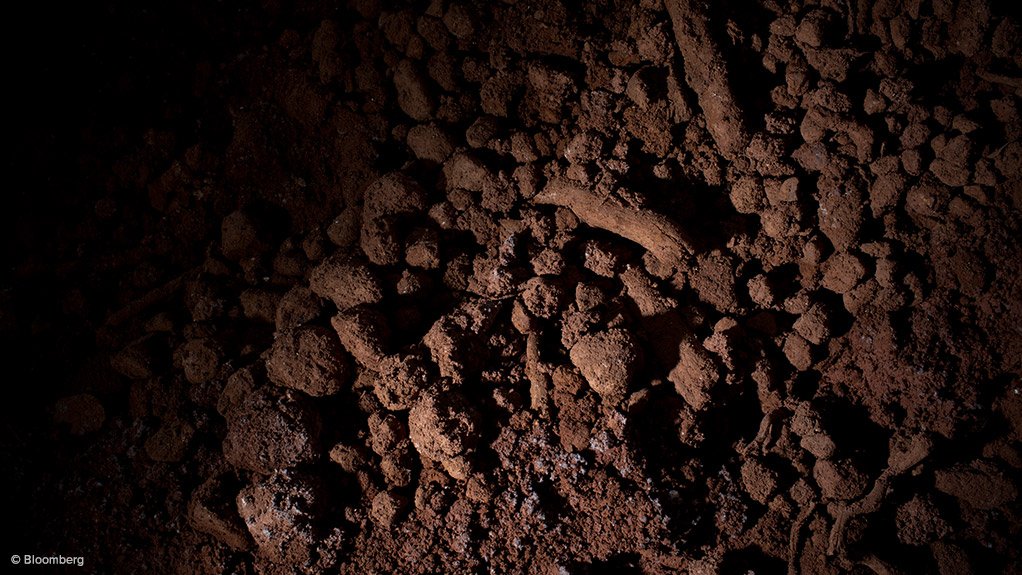
Photo by: Bloomberg
PERTH (miningweekly.com) – Industry titans Rio Tinto and Alcoa have terminated a historic State Agreement Act intended to facilitate the development of a bauxite mine and alumina refinery in the north Kimberley region, instead freeing up the area to allow for the establishment of a national park.
“The Kimberley National Park can now include the Mitchell plateau area, where Rio Tinto and other mining companies have undertaken exploration since the early 1970s,” Rio CEO Sam Walsh said on Tuesday.
“More than 175 000 ha of land on the Mitchell plateau will become part of what is intended be Australia’s largest national park, covering over two-million hectares across the Kimberley.”
The area is internationally recognised for its rich flora and fauna, tourist drawcards such as the spectacular Mitchell Falls and indigenous rock art dating back over 40 000 years.
“Rio Tinto has made this decision around the conservation of Mitchell plateau as part of its long-standing and ongoing commitment as a member of the West Australian community,” Walsh said.
He pointed out that since the State Agreement was established more than 40 years ago, the Mitchell plateau joint venture, consisting of Rio and Alcoa, had actively evaluated the development of an integrated bauxite mine and alumina refinery project.
“While the Mitchell plateau bauxite resource is likely to hold value in the future, the State Agreement Act requires the development of an alumina refinery, which has always proven to be economically challenging.”
Alcoa Australia MD Alan Cransberg said that the company was pleased to be able to join the state government in ensuring the ecological values and natural beauty of the Mitchell plateau was preserved for future generations.
The termination of the State Agreement Act is expected to occur with the finalisation of legislation being progressed in the state Parliament.